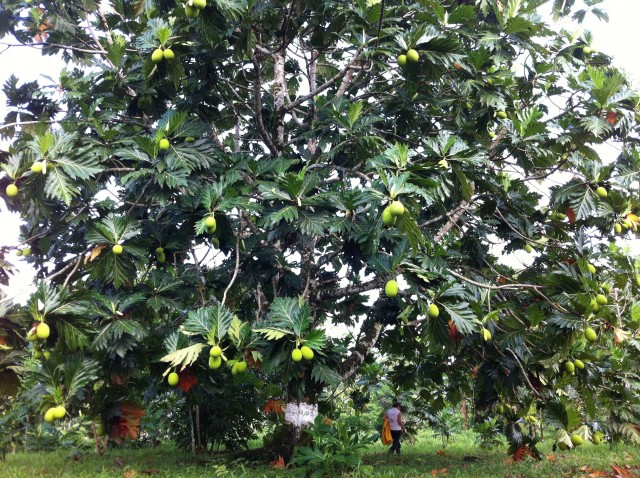Emerging economies will account for more than 90 percent of new energy-generation capacity by 2035, and Latin America is no exception to this trend. In the last 40 years, the region’s primary energy demand has more than doubled. In a global environment of increasingly volatile fuel prices, emerging technologies, and climate-change impacts, the continued increase in demand presents challenges and opportunities to Latin America and the Caribbean. To manage the next phase of development, the region’s governments will need to develop new energy sources and pay more attention to sustainability.
Kammen and students (Juan Pablo Carvallo, Diego Ponce de Leon Barido and Rebekah Shirley) discussed strategies to design and evaluate programs for managing energy and other resources in the region both as a speaker panel for the Center for Latin American Studies at UC Berkeley and in a new publication on integrated tools for building low-carbon economies in Latin America and the Caribbean.
Our researchers also delve into the specific case study of Nicaragua along with Fulbright Nexus Fellows 2012–2013. This group explored three case studies at the national, regional and community levels in Nicaragua: breadfruit and food insecurity; rainwater harvesting on the Pacific coast; and, bio-energy production from agricultural waste. This research shows the increasing need to see the climate, land, energy, and water (CLEW) sectors as interrelated, and to proactively plan policy with these interconnections in mind. Nicaragua’s opportunities for sustainable development within a CLEW nexus framework are sufficiently large that the country could well become an example of wise natural resource use for Latin America and the world.
Press release on our work with biogas digesters in Mexico:
Fusion, March 24, 2014. These students have bold ideas on how to make renewable energy more accessible.
Article, full video and photos from our panel discussion with CLAS:
Center for Latin American Studies. February 10, 2014. Sustainable Energy Systems in Latin America and the Caribbean.
Read more about our involvement in the Fulbright Regional Network for Applied Research (NEXUS) Program 2012–2013.
